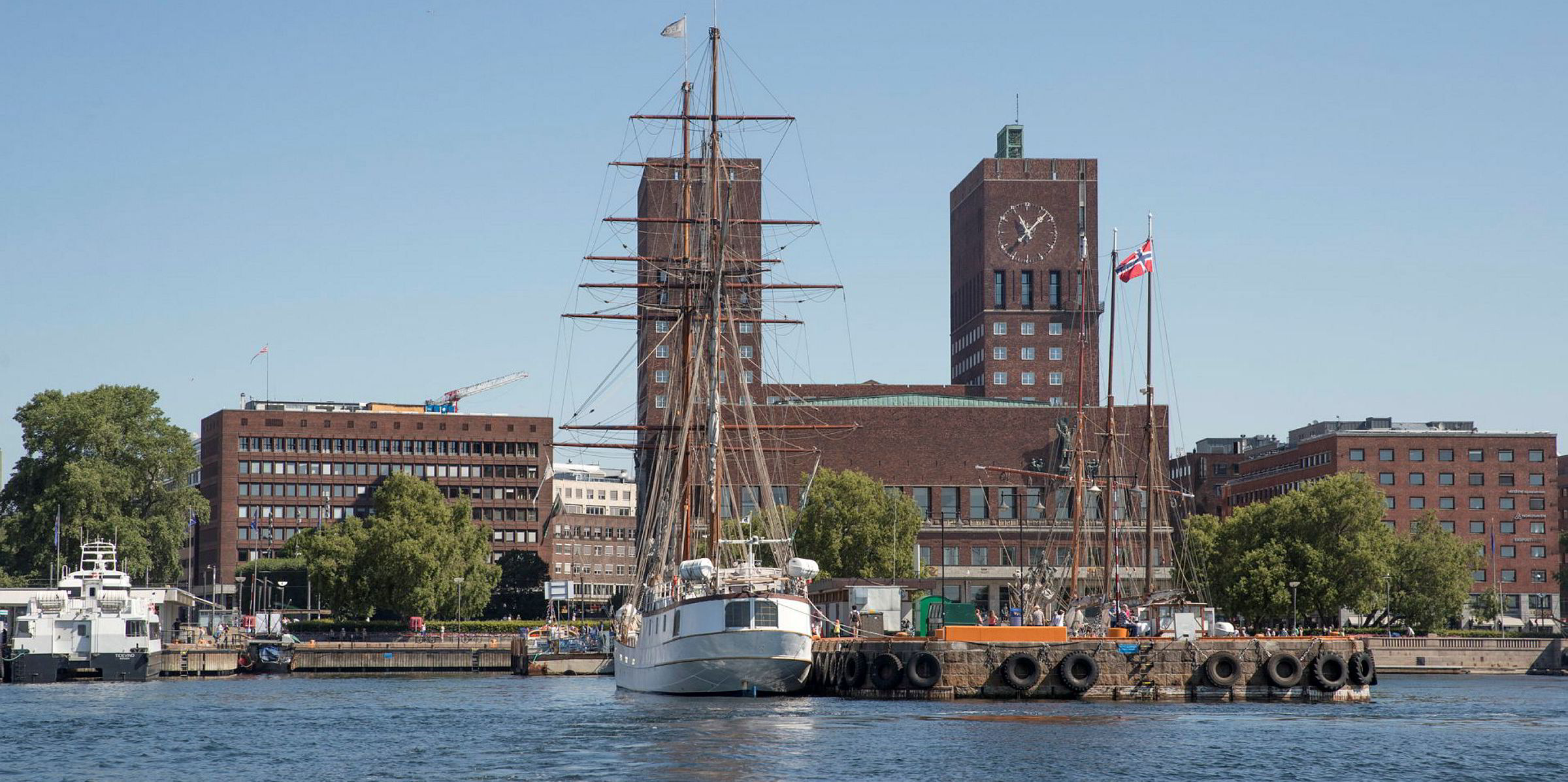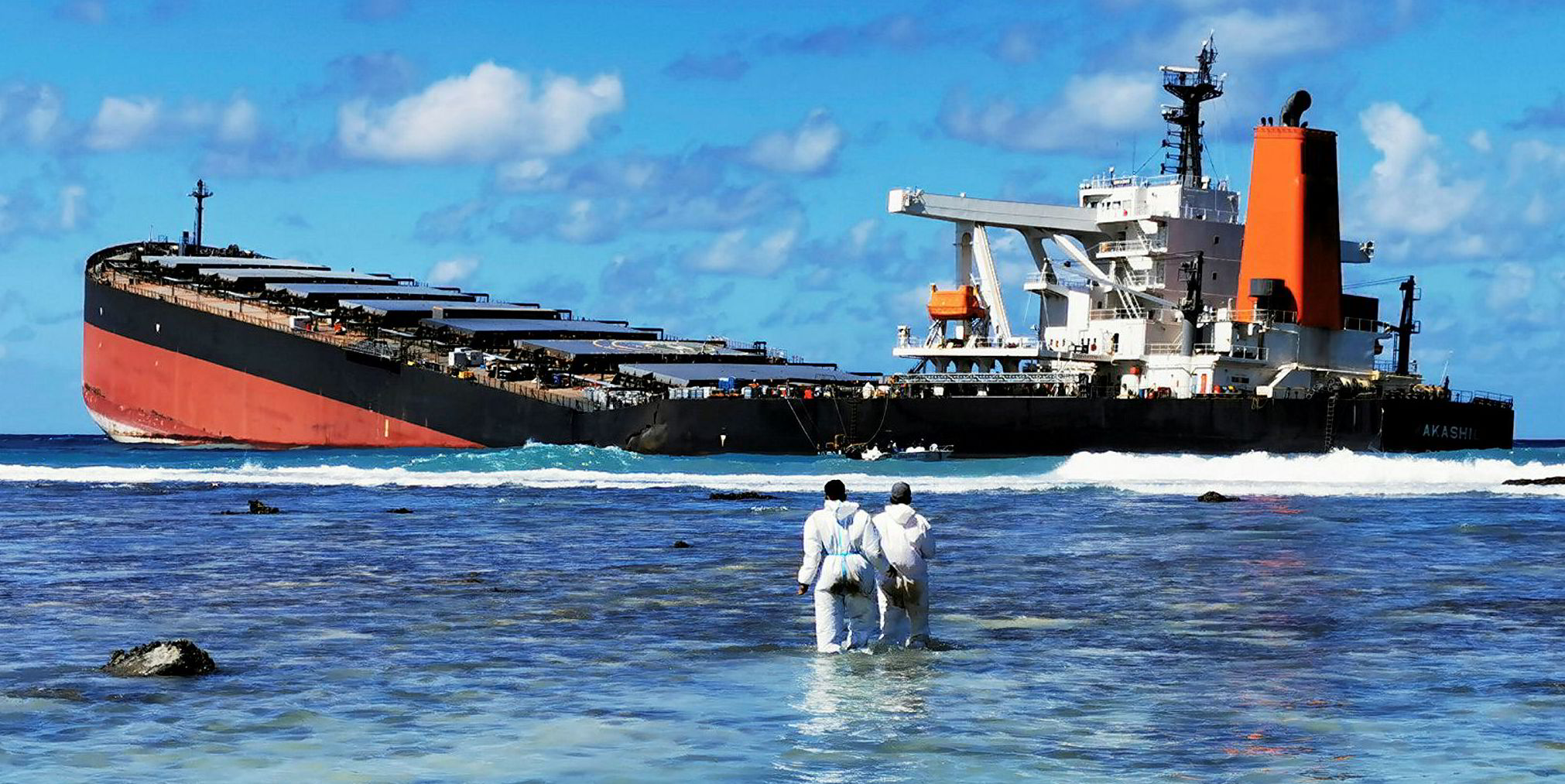One of the central figures in recent Norwegian shipbroking is headed out the door after transforming his local shop into a strong global operation — and with no scent of a management or strategic crisis in the air.
The management change comes at a time when generational changes in Norwegian shipowning raise the perennial questions about the sustainability of local shipbroking — and about whether a shift to global platforms will save it.
In the nine years since he joined, managing director Finn Engelsen has built up Grieg Shipbrokers into an integrated chartering and newbuilding/sale-and-purchase operation — not least drawing on his old team members at L&S, where he worked until 2009.
Once a captive operation, serving the Bergen-based Grieg Group, Grieg Shipbrokers is now a multi-sector operation with well over 75% of its business being done between non-Norwegian parties.
By all accounts, Engelsen has had a successful tenure.
And yet the Oslo-based industry veteran does not expect to find a suitable new place for himself in the Norwegian shipbroking sector.
"When I make my next move, it will be after a well thought-out process," he said. "But I am not likely to pop up again in shipbroking."
Mutual decision
Engelsen formally leaves at the end of the year but his day-to-day responsibilities will basically end this week.
The departure, although undramatic, came as news to many of his colleagues both in Europe and in Asia. In a Monday morning announcement, Engelsen and Grieg Shipbrokers chairman Per Grieg Jr presented the split as a mutual decision that the time is right for a changing of the guard.
"I'm soon 63, and I think it's a good idea that the head of a shipbroking operation is a bit younger than the average age of his clients," Engelsen told TradeWinds.
Considering the number of people still working here in shipbroking, the size of the Norwegian [shipowning] market is small
Finn Engelsen
But close observers were sceptical of the theory that Engelsen was anywhere near his sell-by date. He has continued to launch growth initiatives as recently as this year, with a significant expansion into larger dry bulk chartering segments as well as an ongoing development from shipbroking and projects into finance.
They also point out that in a well-planned "generational shift", someone is already lined up to receive the torch as it is handed off. Instead, the company says it will now conduct a search.
Without naming any names, Engelsen thinks the replacement should step up from his current team.
"We have a number of good internal candidates for the job that I think the board should take seriously," he told TradeWinds.
Further strategy will be out of his hands, but he said there is no serious controversy underlying the move.

"The platform we have is good," he said. "The idea has been to grow organically. More focus on Asia will continue to be important, I hope. But the basic strategy has been to climb the ladder and do bigger deals in larger segments."
The broader generational question is obviously whether Norwegian shipping, as an extremely mature industry, will sustain itself as more and more Norwegian shipowning names grow beyond or out of it.
The company Engelsen is leaving is really no exception to the question of sustainability.
Grieg Shipbrokers, now owned 45% by broking partners and 55% by holding company Grieg Maturitas, dates back to 1884. That makes it the oldest part of the Grieg Group, a family-controlled conglomerate that today makes a far greater proportion of its revenue from seafood than from shipping.
Global clients
Both the parent and the shipbroking subsidiary have evolved with the Norwegian economy and survived, but in such a way that they no longer directly sustain each other. On the shipbroking side, it has done well to develop its platform aggressively in the direction of its global clients.
But those clients no longer give companies like Grieg Shipbrokers a home-pitch advantage, or more reason to be present in Oslo than elsewhere in the world.
"Considering the number of people still working here in shipbroking, the size of the Norwegian [shipowning] market is small," Engelsen said.
He noted that Norwegian ship finance has made up for some shrinkage in the owning community, but said: “It does indeed remain important for shipbroking that there is a strong local shipowning community here.”






